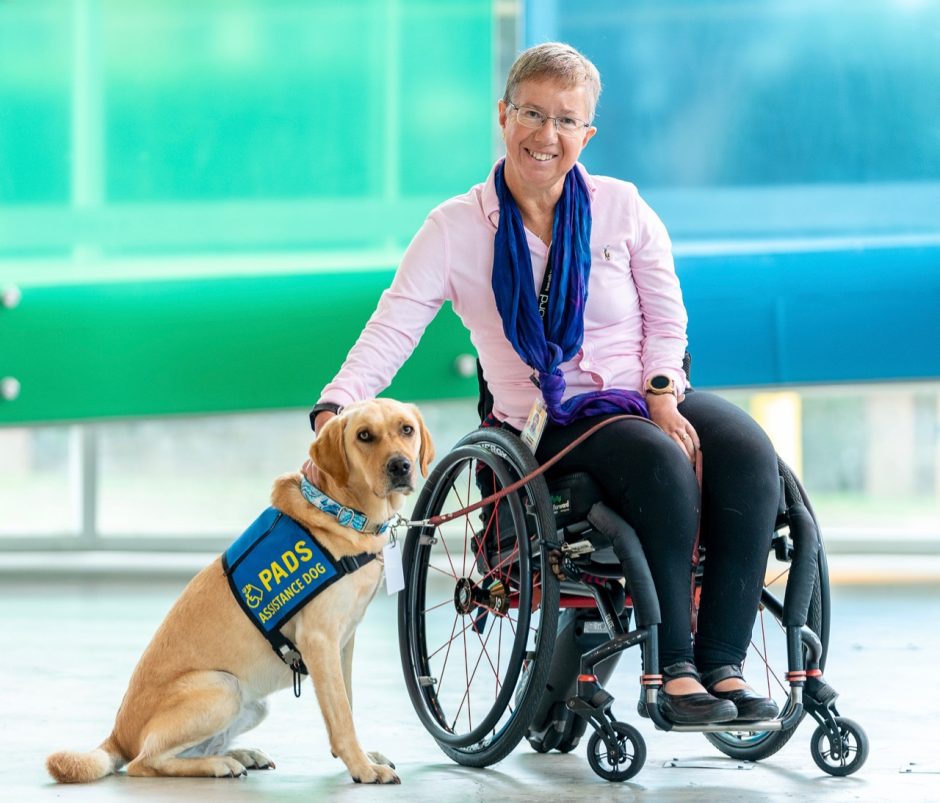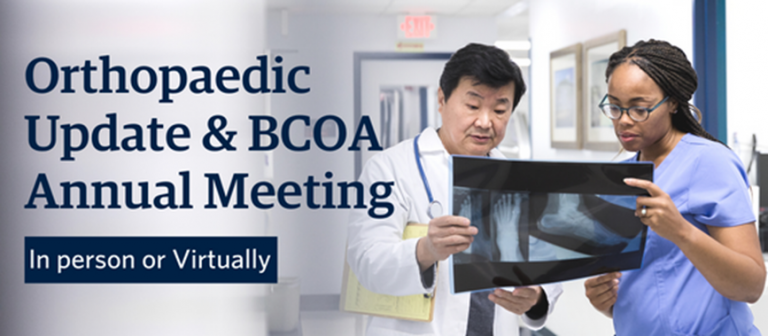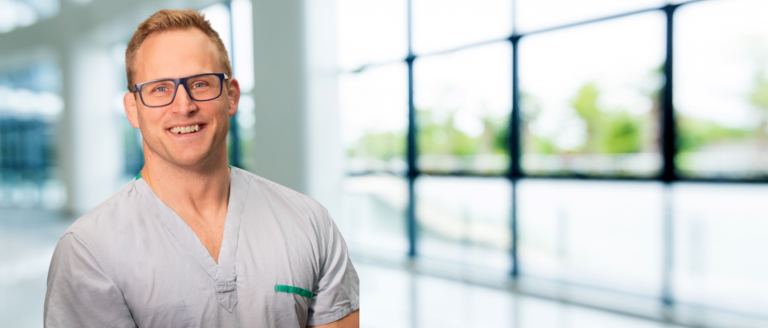BONNIE SAWATZKY
ASSOCIATE PROFESSOR
Division:
Orthopaedic Research
Site:
Vancouver – Blusson Spinal Cord Centre
Dr. Bonnie Sawatzky is an Associate Professor with the UBC Department of Orthopaedics and a Principal Investigator with the International Collaboration on Repair Discoveries (ICORD). Her main research focus is mobility and quality of life for people with SCI and related spinal cord disease.
Can you tell us about your educational background and journey? How did you get to where you are today?
I did my PhD in Applied Sciences at SFU, combining fields of biomechanics, computer graphics, and orthopaedics to explore spine surgery intra-operatively. I was encouraged to do a PhD primarily through the support of Dr. Stephen Tredwell who was the head of Pediatric Orthopaedics at the time. I was a research associate working at Children’s Hospital during my studies following my undergraduate and Masters degrees in sport science and biomechanics at UBC. I helped to set up the Sunny Hill Gait Lab and did a fair amount of clinical research with all members of the division. However, I fell in love with the kids who had spinal cord injuries and spina bifida. Their complex needs medically and mobility-wise became a deep interest of mine. How could we take what we did in the gait lab and translate it to those who used wheeled mobility? When there was a call for researchers to join ICORD, an orthopaedic department initiative for research related to spinal cord injury (SCI), I signed up. At first, there was no interest in adding pediatric SCI research priorities to the group, but with persistence I became part of the core set of principle investigators that put in the first grant to get a building for ICORD. I feel so privileged to be part of such an internationally acclaimed centre.
Tell us about your current research and some of the research themes you are interested in.
I expanded my work to include adult and pediatric research questions to my list of foci. Early in my work at ICORD, with a state of the art clinical biomechanics lab, I have done a lot of research on the interface between the wheelchair user and the chair. My questions often related to how various components of the chair design effected energy expenditure, upper extremity problems, and quality of life. When novel devices were developed in the market, I was often asked to test the innovations with these outcomes in mind. My interests in wheelchair biomechanics led me to serve on the International Seating Symposium organizing committee for 20 years. I now serve as scientific programme chair, on the Oceania Seating Symposium (Australia/New Zealand) that I helped to initiate.
As I worked with more and more researchers from other disciplines, the issue of quality of life came to the forefront of my work. Not only is biomechanics interesting but pain, disability, and social integration are also valuable indicators as to how an individual is coping with an orthopaedic related condition. My work has expanded from kids with Spina Bifida and adults with traumatic Spinal Cord Injury to other spinal cord conditions such as Amyoplasia, a rare congenital type of Arthrogryposis Multiplex Congenita (AMC) with anterior horn cell deficits. My life long academic mentor, Dr. Judith Hall, asked me to explore what happens to these individuals’ function as they get older. I now lead the world’s only international adult AMC adult registry to follow these individuals into adulthood and later life. With the technical support of the Rick Hansen Institute’s platform (now Praxis), we are able to conduct large studies on rare diseases while gathering data from over 180 individuals from all over the world. This registry records demographics, surgical history, health issues, employment status, quality of life measures, pain, and disability outcomes.
What inspired you to become a researcher?
It was not what inspired me to become a researcher, but who. I met Dr. Judith Hall in my third year of undergraduate education. She asked me to come to work for her and do a massive chart review on 800 patients. I was fascinated by this project. Although it was a genetic study, my role was really to study the phenotype breakdown of this genetic condition. I learned a lot from my mentor and was so encouraged to keep going.
When I was in my 4th year of UBC I would love spending time reading the most recent issues of sports medicine and other medical journals in the IRC medical library. There were so many questions to answer after reading them. I would always look further into the literature. Dr. Hall and Dr. Tredwell gave me the confidence to put this drive into becoming an independent researcher a reality. I have been incredibly fortunate to have learned with such gifted mentors, along with a good group of clinicians and academics in orthopaedics and the faculty of medicine in general.
What excites you most about your work? What are you most proud of?
I think what I love about my work is working with so many gifted people from such a variety of disciplines. I am fortunate to work with people at ICORD, and around the world, who truly have a passion for making the lives of people with spinal cord conditions better. I am often humbled by their knowledge and their energy.
I teach and learn with the best. That’s exciting. I love teaching undergraduate medical students in their FLEX courses about how to do research, attend to details, watch for biases and assumptions, and ask really good questions. They are highly motivated and are incredibly bright. It is a joy to work with them and I hope to inspire them to do research or understand research in their future clinical work. I believe I am good at linking the clinical trainee to the research world and to the research participants/patients that they are hoping to improve the lives of. In addition to overseeing research students of all levels, my teaching role has changed significantly over the years from lecturing a large class, to small group problem based learning, to overseeing health mentor learning, and coaching. I think my teaching is something I am most proud of.
What is one piece of advice that you would give to current trainees?
Never stop asking questions. Never stop asking your patients what their questions are.
When you’re not working, where can we find you?
I love taking my dog for walks along the dykes in Richmond or in the UBC Endowment Lands. I also keep fit by regularly doing laps in the local pool – great way to de-stress!



